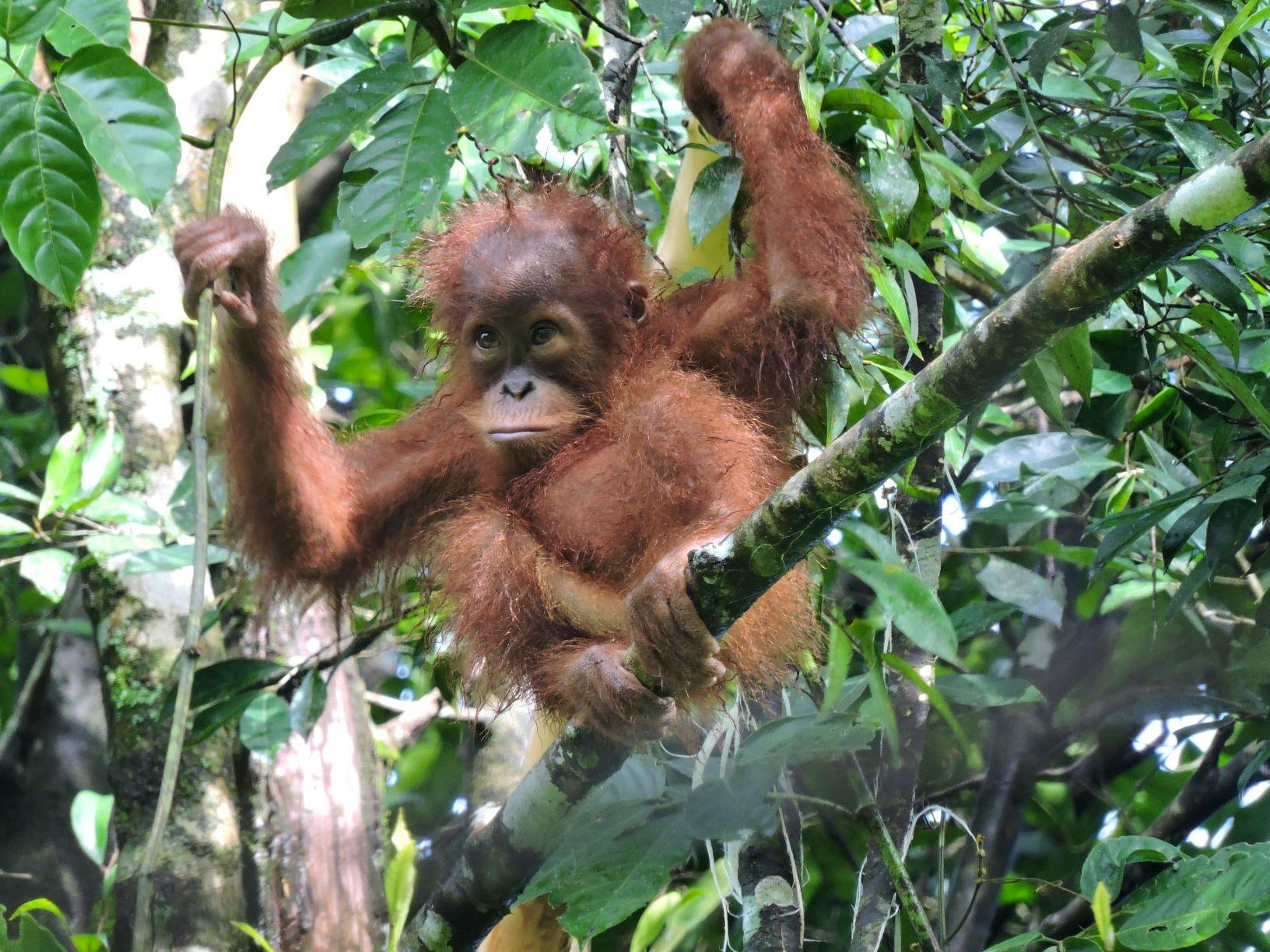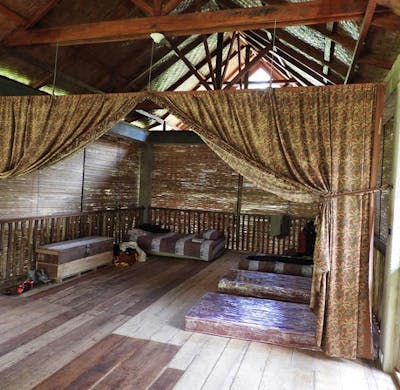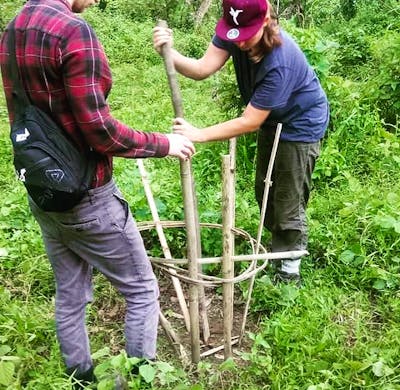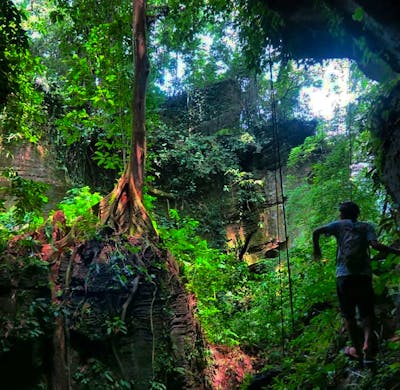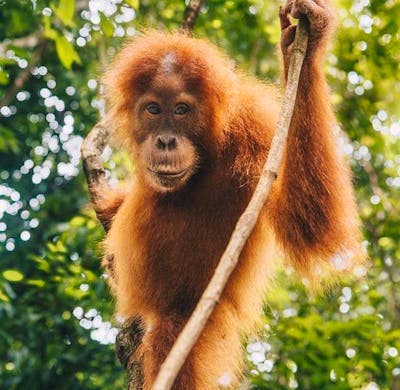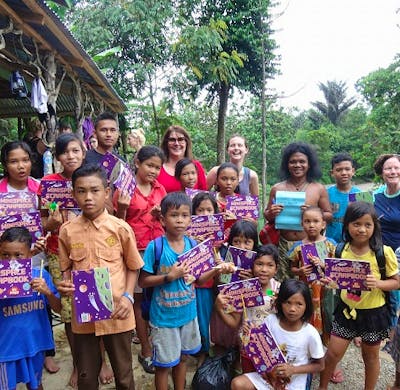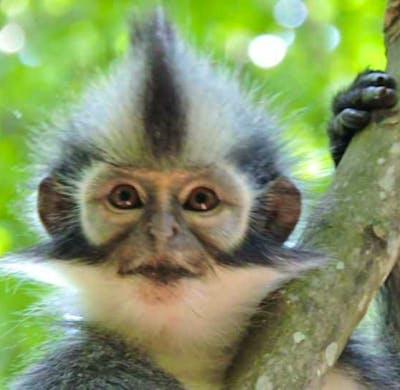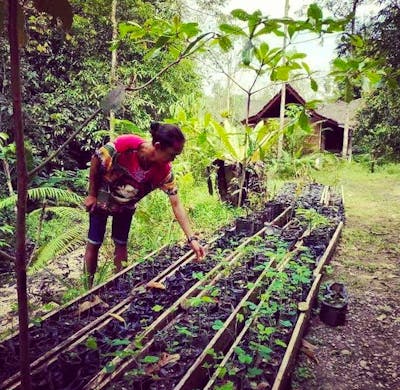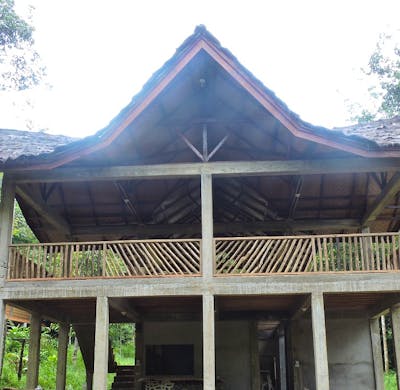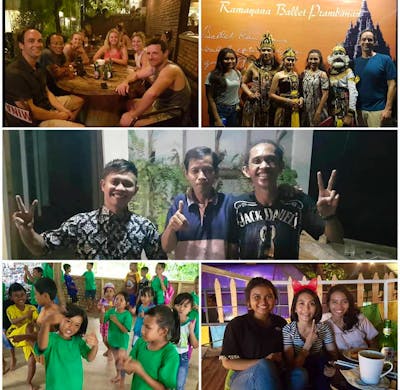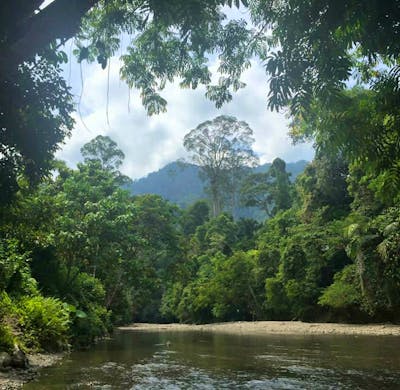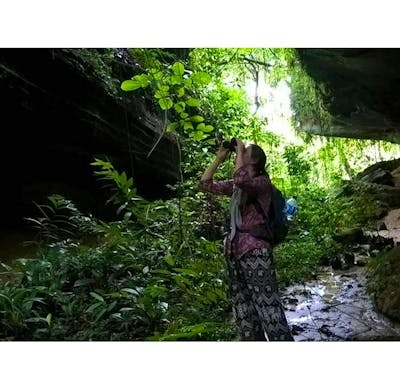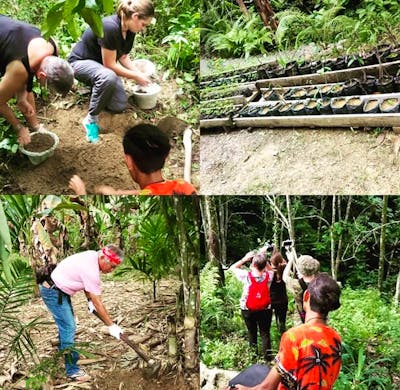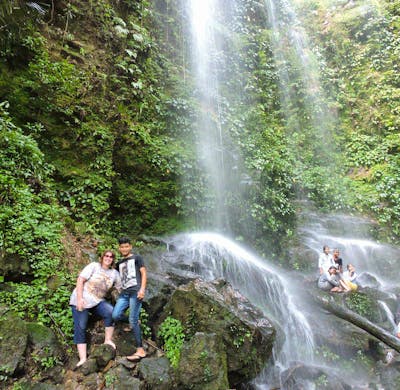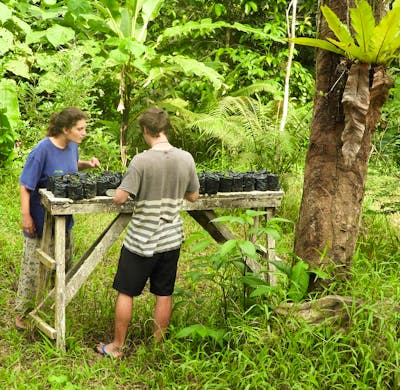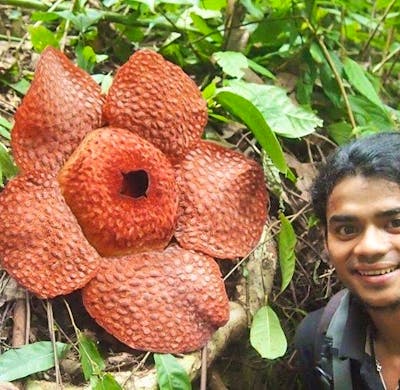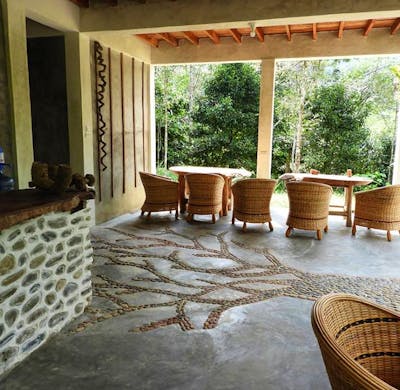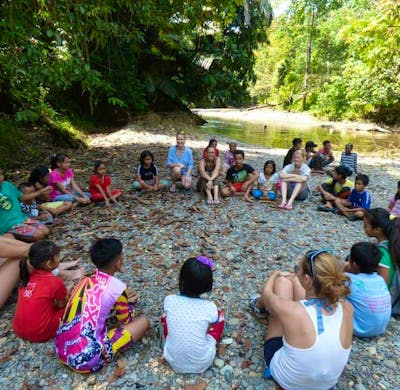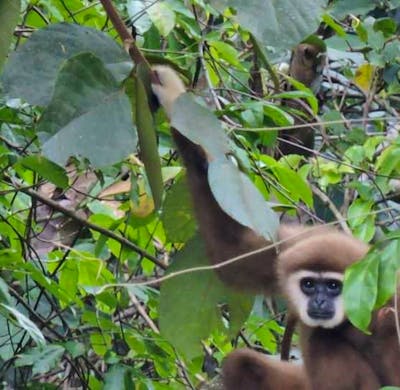Orangutan and Wildlife Survey Assistant
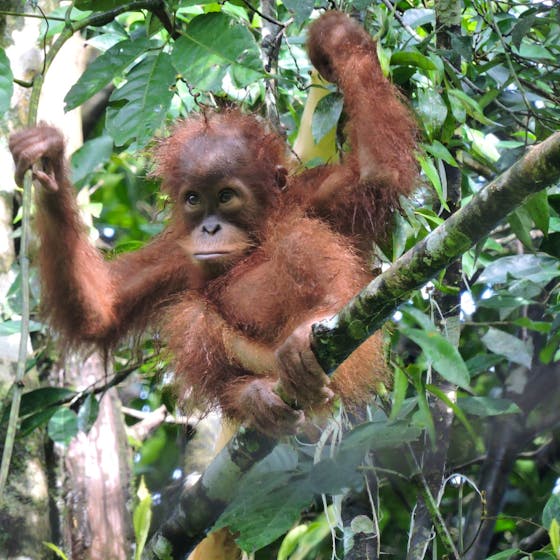
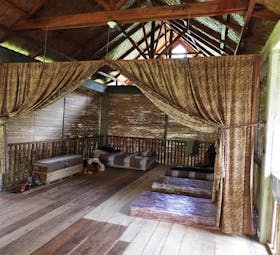
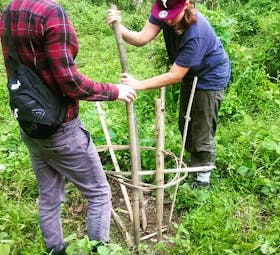
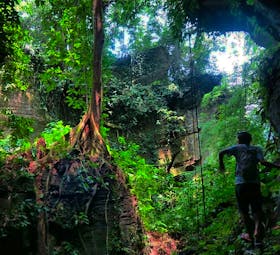
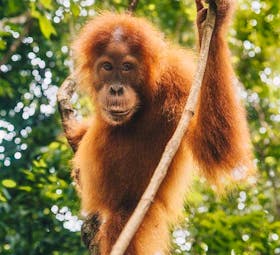
Højdepunkter
- This is an exciting opportunity for people with a conservation related degree to gain experience in the field for a career in conservation.
- Immerse yourself in the jungle. Wake to the sounds of primates calling along the river in the morning!
- Be amazed by the abundance of wildlife in this rare and beautiful Biolink area adjoining the Gunung Leuser national park.
- Immerse yourself in the local culture. Meet the locals, they will make you will feel like one of their family! Make memories and friendships that last a life time.
- Explore the jungle, rivers, markets and surrounding villages in your free time.
Særligt velegnet til
Om programmet
Join our hands-on community led conservation program protecting wild orangutan living in this wildlife corridor. You will provide vital technical support for the program
We are a grass roots community based conservation program, run by a group of dedicated local people who are passionate about nature and the environment and who want to protect the animals and rain forest where they live. If you are looking for a hands on conservation project where you can monitor ...
Typisk dag
The main daily tasks of the Orangutan and Wildlife Survey Assistant position are as follows.
The main purpose is to conduct surveys, mapping and provide technical advice to support the local conservation team in protecting the orangutan and other wildlife that live in this wildlife corridor.
This ...
Fritidsaktiviteter
Batu Kapal is a beautiful jungle location in mountains adjacent to Gunung Leasur National Park on the Landak RIver and just 15-20 minutes by motorbike or a 50 minute walk from the village of Bukit Lawang - prime wild Sumatran orangutan country.
In your spare time on the weekends you will have the ...
Krav
Hvad er inkluderet
Hvad er IKKE inkluderet?
Oplysninger ved ankomst
Volunteers are welcome to join are program throughout the year at times that suit you!
You can arrive and depart at Batu Kapal base camp on Sunday through to Friday between 8am and 8pm. Please note there is no check in on Saturdays.
If you arrive at the airport on Saturday, we suggest you stay Saturday night in Bukit Lawang the closest village and arrive at the project site on Sunday.
Prior to Arrival
Your passport must be valid for a minimum period of six months from the date of entry into Indonesia. Entry to Indonesia will be refused and airlines may not carry passengers holding passports with less than six months validity. You are required to retain your arrival card for presentation to Immigration upon your departure.
In order to enter Indonesia you will need a visa. Most nationalities are eligible for an e-visa or a 30 day visa on arrival ($35US extendable for 30 days) or you can arrange a 60 day visa before you arrive (extendable twice). Please check the current visa requirements and your nationality's eligibility with your local Indonesian embassy before you arrive.
You will fly to Medan airport (KNO) on the project start date, preferably between 9am - 5pm so you do not arrive too late at the project site, we are approximately 4 to 5 hours from the airport.
Please check with your doctor regarding the current vaccinations required to travel to Sumatra
Programgebyrer
Mød din vært
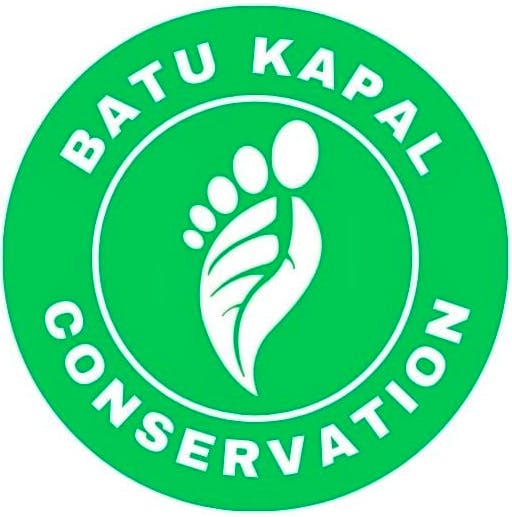
Batu Kapal Conservation
Agentur - grundlagt i 2016
Verificeret af Volunteer World
Vært er
Batu Kapal Conservation
Om projektet
58 feltrapporter ·  4.5
4.5
Placering

Du er måske også interesseret i
-
Macaque
Bevaring af orangutanger
Sumatra
Vervetabe
Bevarelse af menneskeaber
Aber
Dyreliv i Indonesien
Voksne
De bedste programmer for frivillige
Frivilligrejser for universitetsstuderende
Par
Projekter i udlandet
Missionsrejser
50 Plus Frivilligt arbejde
